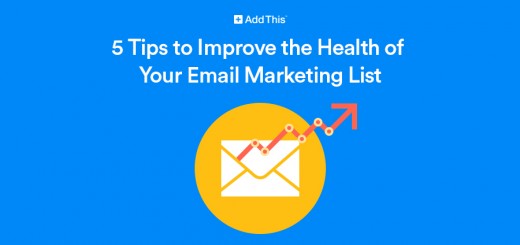10 Powerful Steps For A Magnificent Marketing Strategy
Marketing is an important part of a good business strategy. It is what helps get customers to a business so the business can grow and succeed. But marketing itself requires a good strategy to succeed, otherwise you won’t get the needed customers and your business could ultimately fail. So, what makes a good marketing strategy? What are the key components?
1. Research
Do your research so you understand the market you are trying to reach. Collect and analyse data on the market dynamics, the customers, the products, current industry sales, industry benchmarks, and suppliers. You need to know what you’re getting into before you start. Also look at your current situation to see where you’re at and what you need.
2. Target
Which market(s) are you going to target? Is it going to be a niche market or a larger market? Who makes up that market? Who are your customers that you are trying to reach?
3. Product
Consider the product or service you are going to promote. How does it relate to the market? What does the market need and how does your product or service meet that need? What are they currently using? How can your product or service compare? Can it do better?
4. Competition
Who are your competitors? How many are there? What do they offer the market? How do they handle their branding? How can you stand out against them? What is your unique selling proposition? Also look at whether there are any trends in the market and the competition that can be a threat or an opportunity to you.
5. Mission statement
Develop a mission statement for your company to share with your target audience. Make sure you include in your statement who you are selling to, what you are selling, and what your unique selling proposition is (what it is that makes you stand out from the competition).
6. Strategies
Formulate the marketing strategies you will use. Include strategies for things like:
- Ways you will do networking (going where your market/customer is)
- If you will do any direct marketing (sales letters, flyers, brochures, etc.)
- Advertising ideas (print media, etc.)
- If you will have training programs to increase awareness
- If you will write articles (for website or blog), give advice, or do other things to be seen as an expert
- If you will do direct/personal selling
- If you will use publicity or press releases
- Plans for your web site
- If you will promote at trade shows
- If you will do social media marketing
- If you will do any blogging as marketing
- If you will do any online advertising
7. Pricing and Branding
Develop a plan for how you will price your product or service, where you will position it in the market, and ways for how you will go about branding your company and product/ service (i.e., how you plan to achieve brand awareness).
8. Budget
Set a budget for your marketing efforts. How much can you afford to spend? Which strategies will fit into that budget? Which strategies will you be able to do yourself and which will you need to outsource? How much can you afford to outsource?
9. Goals
Set your goals for your marketing, but make sure they are goals you can measure. For example, set a goal of 30 new customers or sell 15 products in a week. Or maybe you want to increase sales by 25%. Make your goals something you can measure so you can see if your marketing strategies are working or if you need to tweak them.
10. Monitoring
How are you going to measure your results? How are you going to gather and analyse data to see if your strategies are working? Are you going to do customer surveys? How are you going to track sales, leads, visitors, conversion, etc.?
Those are the main components to a good marketing strategy. If you plan one out using these key points, you should be able to market your company and product/ service well.








